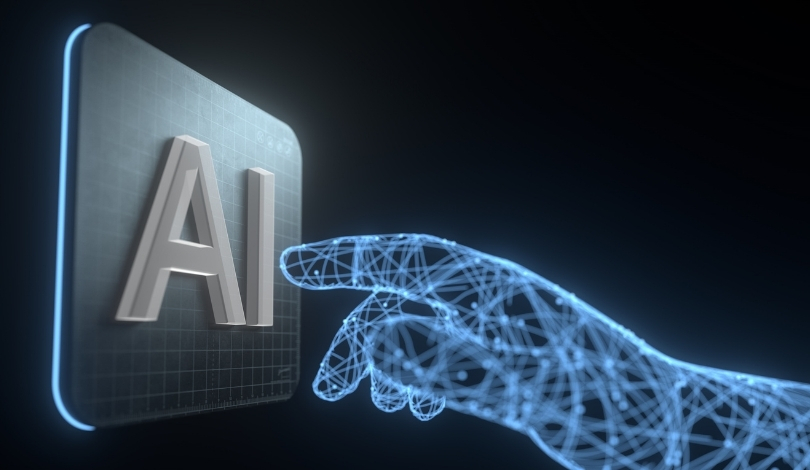OpenAI is set to release Operator in January 2025, offering users an advanced A.I. assistant capable of managing complex tasks seamlessly. This development is part of a broader movement among leading technology firms to enhance productivity through autonomous systems. Operator aims to simplify users’ lives by automating activities such as scheduling, email management, and online shopping, marking a significant advancement in personal A.I. applications.
Technological advancements in autonomous A.I. have steadily progressed over the years. Early A.I. systems focused primarily on data processing and simple task automation. Operator builds upon these foundations by integrating more sophisticated decision-making capabilities, allowing for a higher degree of independence and personalization in user interactions. This evolution reflects the ongoing commitment of tech companies to develop more intuitive and responsive A.I. solutions.
How Will Operator Impact Everyday Tasks?
Operator is designed to handle a variety of routine activities without user intervention. By managing tasks such as booking travel, browsing the web, and writing code, it offers a level of convenience that could significantly reduce the time users spend on daily operations. This automation not only enhances efficiency but also allows individuals to focus on more strategic and creative endeavors.
What Are the Key Features of Lenovo’s AI Now?
Lenovo’s AI Now, powered by Meta’s Llama 3.1, transforms PCs into personalized digital assistants. This system can autonomously edit documents, transcribe meetings, and adjust device settings using voice commands and gestures. Notably, AI Now operates without requiring an internet connection, ensuring user privacy and operational reliability.
How Might A.I. Agents Influence the Job Market?
The introduction of agentic A.I. agents like Operator could lead to significant shifts in the job market.
“There will be an initial impact on the job market, with low-skilled, repetitive tasks like customer service being phased out,”
commented Nish Krishna, co-founder of Fractionalize. This transition may necessitate workforce reskilling and the creation of new roles centered around human-A.I. collaboration.
The integration of agentic A.I. across various industries underscores the necessity for both businesses and employees to adapt to rapidly changing technological landscapes. Investments in education and continuous learning programs will be crucial for preparing the workforce to effectively collaborate with A.I. tools, ensuring that technological advancements translate into tangible benefits for society.
As A.I. systems like Operator become more prevalent, the relationship between humans and technology is expected to evolve. Emphasizing collaboration over replacement, these systems can enhance human capabilities and foster innovative approaches to problem-solving. The success of such integrations will largely depend on the proactive measures taken by organizations to support their workforce through these transitions.










